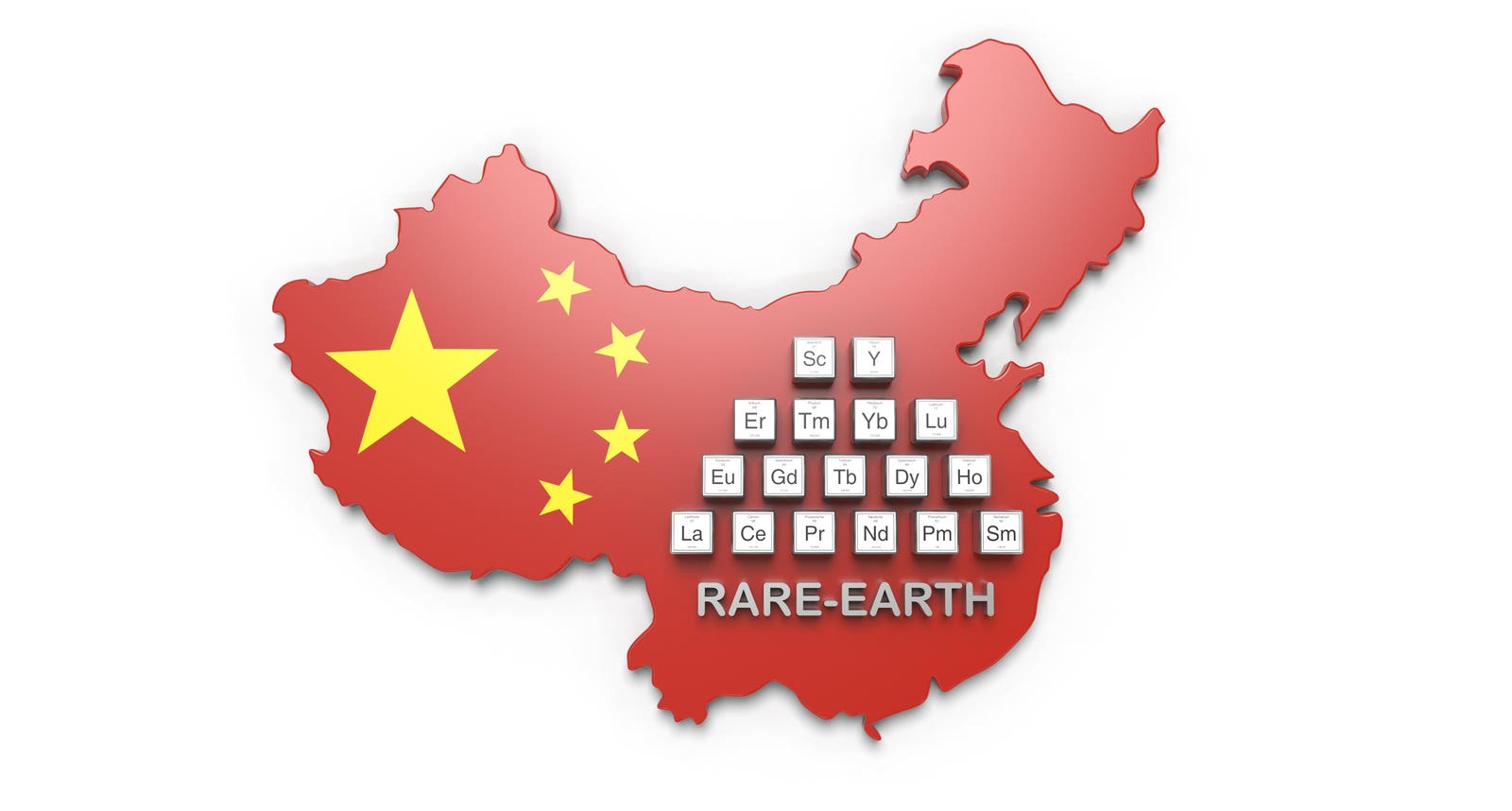Gamers Nexus, a popular YouTube channel that reviews hardware for gaming systems, recently produced a feature-length documentary on the smuggling of GPUs to China, which was taken off YouTube due to a copyright strike by Bloomberg, LC.
Courtesy of Gamers Nexus
YouTube channel Gamers Nexus built an audience of nearly 2.5 million subscribers and a multimillion dollar content business by reviewing hardware for enthusiasts who like to build their own computer gaming systems. However, its recent foray into investigative journalism with an exposé of illicit sales of banned high end Nvidia GPUs in China may touched a bigger nerve, and the independent site is now paying a price.
Just days after the release of the 209-minute feature length documentary AI GPU Illegal Black Market, Gamers Nexus was notified of a copyright strike by Bloomberg LP for unauthorized use of its news footage of White House presser featuring President Donald Trump announcing a modification of GPU export regulations. Content owners asserting copyright claims on YouTube is nothing new, but Gamers Nexus founder Steve Burke, who insists the footage constitutes fair use under US copyright law, contends there is more going on than meets the eye.
“The claim is illegitimate, invalid, and is an egregious abuse of the copyright strike system on YouTube,” said Burke in an email response to a request for comment. “I personally think it is very likely there is another motive in play.”
Bloomberg declined to officially comment on the matter. However, sources familiar with the situation indicate there are simple matters at issue and Bloomberg has reached out to Gamers Nexus to resolve the dispute through an expedited licensing agreement for the footage.
For his part, Burke said he has no interest in accepting a licensing deal, even at no cost, as he considers fair use a matter of principle. And regular viewers of Gamers Nexus content know that Burke can be rather outspoken when it comes to matters of principle. Over the weekend of August 22, Gamers Nexus released a video documenting their trip to New York to personally confront Bloomberg’s lawyers (they were unsuccessful), in which Burke suggested that close ties between Bloomberg and Nvidia might have played a part in the unusual legal action.
Whatever the intent, the effect of Bloomberg’s copyright strike was to whisk the hard-hitting report on a topic of significant international political, economic and legal import out of public view, and cut off a revenue stream that the channel was counting on to offset its production costs.
From gaming rigs to AI datacenters
How did a channel aimed at video gamers and hobbyists end up entangled in the machinations of global geopolitics and multi-trillion dollar transnational corporations? The answer comes down to a 3-letter acronym: GPU (graphic processing unit).
Before GPUs were used to power the banks of servers and datacenters at the heart of the AI industry, they were (and remain) the critical component to building high performance PCs favored by videogame enthusiasts. If you want to play cutting-edge games at the highest resolution and fastest frame rates, you need a high-end GPU like Nvidia’s RTX 5090, as well as all the accessories necessary to keep it running cool and fast. With lots of products on the market, resources like Gamers Nexus and others in the space serve a valuable role in guiding people to the best products and subjecting marketing claims to strict technical scrutiny.
Jensen Huang, co-founder and chief executive officer of Nvidia Corp., speaks while holding the company’s new GeForce RTX 5090 model graphics card during the 2025 CES event in Las Vegas, Nevada, US, on Monday, Jan. 6, 2025. Huang announced a raft of new chips, software and services, aiming to stay at the forefront of artificial intelligence computing. Photographer: Bridget Bennett/Bloomberg
© 2025 Bloomberg Finance LP
Gamers Nexus, which has covered the build-your-own computer space in various media and formats since 2008, built a lot of expertise and relationships in the hardware industry, including with Nvidia and companies part of its global supply chain. More than a few engineers working at leading tech companies are also videogame enthusiasts, giving popular channels like Gamers Nexus a rich network of informal sources. Burke and his team are mainstays at industry events worldwide, notably in Asian innovation hubs like Taiwan, Singapore and China. That positioned them well for probing deeper into the tech space beyond videogames now that the same GPUs that run videogaming PCs have become the lynchpin in a global tech arms race around AI involving the world’s largest companies.
The AI race is also attracting national security attention, leading to the last two American Presidential administrations – who do not agree on much else – to both attempt to set policies around exports of the highest performing GPUs to China. The stated goal is to deny Chinese government, military and commercial businesses access to the best technologies for enabling competitive AI solutions.
Inside the GPU Silk Road
In recent months, Gamers Nexus has turned their attention to broader issues in the technology space, including the impact of tariffs and import restrictions on the gaming industry. Burke has even launched a second channel, Gamers Nexus Consumer Advocacy (GNCA) to dig into topics beyond the scope of gaming-centric hardware reviews.
As an extension of that effort, Burke and his team began investigating how advanced GPUs were making their way to China in contravention of US policy, relying on their extensive network of contacts in the industry to track the story in painstaking detail. Burke invested significant financial and professional resources in the six month project, and even mounted the channel’s first-ever crowdfunding campaign to get the report over the finish line. The three-and-a-half hour documentary dropped on the Gamers Nexus YouTube channel on August 16, 2025.
In the story, Burke and his team traced the “GPU Silk Road” from manufacture and retail sale in the US, through a web of middlemen, distributors and chop-shops across Southeast Asia, to buyers in China looking to use the latest American-made tech to power their own AI applications in violation of US law. Detailed, technical, and full of on-camera, on-the-record accounts by participants at every level of the operation, the reporting by this online content site uncovered details that many large, well-funded journalistic enterprises missed.
The question that kept coming up in the course of the story was, how much does Nvidia itself know about this underground economy, which may be accounting for significant sales of its product, and is the company doing enough to enforce US trade policies in restricting sales to known smugglers and middlemen?
Did Gamers Nexus F around and find out?
Burke, whose adversarial reporting and take-no-prisoners style has rubbed a few people in the gaming industry the wrong way over the years, did not pull any punches in taking on Nvidia, now the world’s most valuable company by market capitalization.
“If they’re not happy, I don’t really care, because it’s not like we’re financially dependent on them,” said Burke in a phone interview conducted after the China documentary dropped but before the copyright strike by Bloomberg was filed. “We just want to produce the best piece of content or whatever consumer advocacy that benefits our audience. Sure, there’s some considerations in a story like the one we just did where I end up thinking, ok, is this going to get the Department of State or the DOJ to show up at my door? I don’t know. We just do what we think is interesting in the general realm of informing and educating the audience, advocating for them. I’ll deal with whatever is on the back end when it happens.”
Just days later, on August 21, Burke opened his email to discover a copyright strike notice from YouTube from Bloomberg LP, objecting to the use of 75 seconds of footage in the 209-minute documentary, at timecode 22:00. The section is a clip of US President Donald Trump discussing trade policies around the Nvidia H20 GPUs conducted at the White House, and also includes voiceover of original Gamers Nexus copy recorded at their studios.
Nvidia CEO Jensen Huang (R) shakes hands with US President Donald Trump as they speak about investing in America, at the White House in Washington, DC, on April 30, 2025. (Photo by Jim WATSON / AFP) (Photo by JIM WATSON/AFP via Getty Images)
AFP via Getty Images
Source familiar with the case on Bloomberg’s side suggest the company’s primary objection to the use of that clip is that it was from an older package that was subsequently updated, and Bloomberg did not want the outdated material circulating. There may also be additional cases of proprietary Bloomberg content from the Gamers Nexus documentary that are part of the copyright complaint, which might not have been made clear as YouTube only requires content owners cite one example of infringement on the reporting form. Burke acknowledges there are other short clips from Bloomberg in the story, but says he has only received notice about the one segment.
A copyright strike is a complaint by a rights holder that content shared online makes unauthorized use of proprietary material, and requires that disputed content be immediately taken down ahead of an adjudication process specified in the 1996 Digital Millennium Copyright Act (DMCA). Under YouTube’s terms of service, struck material must be taken down for a 10-13 day period, after which the owner of the content must either withdraw the claim or file suit. One defense against a copyright strike is “fair use,” which permits limited use of copyrighted works for purposes such as criticism, comment, news reporting, teaching, scholarship, or research without obtaining prior consent by the copyright owner.
“Bloomberg did not have exclusive access to the President and this is not a creative work, nor is ours a market replacement for Bloomberg’s camera angle of the widely broadcast press conference,” Burke wrote in an email response to follow-up questions.
“We have filed a counterclaim, which YouTube has accepted,” Burke continued. “If Bloomberg does not file a lawsuit and present evidence of it to YouTube, then YouTube will likely reinstate the video. That would mean we will be offline for either 10-13 days or until resolution of a lawsuit, depending on what happens next.”
To many observers, Bloomberg’s copyright claim seems like routine behavior by a large corporate legal department, especially if the company is engaged in a good faith effort to resolve the dispute, as sources familiar with the situation have hinted. Burke, whose brand is all about not taking corporate happy talk at face value, isn’t so sure.
In his video followup to the story, Burke speculated that Bloomberg may be trying to shut down competition with its own recently-released documentary on AI in China, presenting evidence that the Gamers Nexus report was outdrawing Bloomberg’s traffic. He also pointed to sponsorships and cobranded events suggesting a close relationship between Bloomberg, a financial news outlet, and Nvidia, which has participated in Bloomberg-led seminars and events.
“We seem to have made someone very uncomfortable at the organization, and we’re eager to discover why,” wrote Burke. “They had unmarked security monitoring us on the blocks surrounding the Bloomberg HQ on Friday. Our attorneys are prepared to vigorously defend our Fair Use of the video clip showing the President of the United States as it related to our transformative content. It is perhaps noteworthy that, when I called Bloomberg’s legal department to confirm if it was their claim (rather than a spoof), after they confirmed, I was told that it was inappropriate to call them, and so we went to talk to them in person instead. They sent security to intercept us and refused any further discussion.”
Is this dispute just a misunderstanding between a content creator who likes to pick fights and a big corporation reflexively applying cut-and-dried legal processes? Or is it the plot of a dystopian William Gibson novel about a muckraker asking the wrong questions and getting drawn into a web of global intrigue between governments and all-powerful tech conglomerates? Either way, it’s hard to see how Gamers Nexus goes back to reviewing case coolers and power supplies now that it has gone hunting for bigger game.









